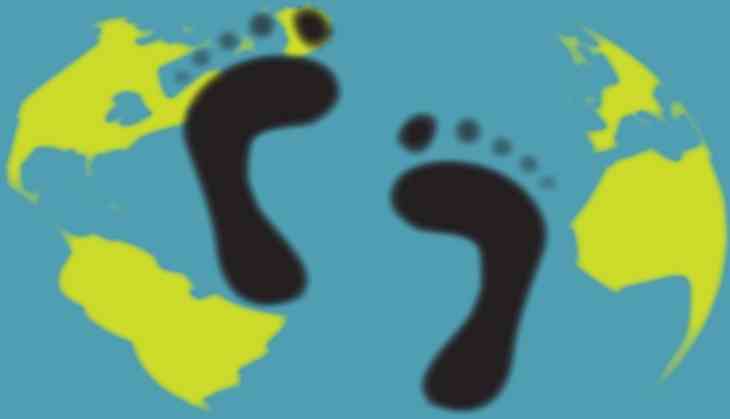
100 households, 365 days: Starting this December, private households in the German capital will be testing what climate action means in everyday life in the project "Climate-Neutral Living in Berlin" (Klimaneutral Leben in Berlin - KliB).
From families with children to partnerships, flat-sharing communities or singles - for one year, the voluntary households will document their personal carbon footprint and learn about ways to improve their own climate balance.
They will be supported by experts from the Potsdam Institute for Climate Impact Research (PIK). The KliB living lab intends to show how climate protection can be implemented in our everyday life, where potential problems lie and what politicians could do to overcome them.
"Households can make an enormous contribution to climate protection through a more climate-friendly lifestyle," explains project manager Fritz Reusswig from PIK.
"At present, each German citizen comes with an average personal carbon footprint of 11 tons of CO2 per year. However, a footprint that is in line with the global climate targets of Paris, the German Federal Government's climate targets and the climate neutrality target of the Berlin Senate for 2050 would have to bring this figure down to 1 to 2 tons per capita per year. So we asked ourselves: What can we do already today to live climate neutrally in the long term? Together with pioneering households in Berlin, we will spend a year investigating the problems of switching to a climate-friendly lifestyle and how climate protection can be implemented in our everyday life. The aim of the experiment is to reduce the personal CO2 footprint by about 40 percent within a year," said Reusswig.
Carbon Tracker calculates your own climate balance:
The project "Climate-Neutral Living in Berlin" (KliB) will kick-off in December with a one-year real lab experiment. Within this year, participants will continually document their personal carbon footprint with a specially developed "Carbon Tracker", a climate calculator for computers and mobile devices.
And thus better understand how their own carbon footprint is composed and where emissions could be reduced.
From changing the electricity supplier to switching from car to public transport or changing dietary habits (e. g. grandmother's Sunday roast beef instead of low-cost meat on a daily basis) - on the way to a more climate-friendly lifestyle, households are not only provided with tips via the Tracker and the KliB website, but are also closely advised and accompanied by the participating practice partners.
In addition to the experts of the Potsdam Institute for Climate Impact Research, this includes numerous Berlin-based companies and non-governmental organisations.
The research project is being supported by a scientific project advisory board and funded by the German Federal Ministry for the Environment, Nature Conservation and Nuclear Safety (BMUB) as part of the National Climate Initiative (NKI).
In the past, PIK had already been advising the Berlin Senate on its climate neutrality strategy. Reusswig: "The KliB households are climate pioneers who are already making their way to a climate-neutral Berlin. But it is only with the appropriate political framework - in Berlin as well as in the federal government or the EU - that we will achieve our climate neutrality target. One of the tasks of the living lab is to develop policy recommendations".
-ANI


